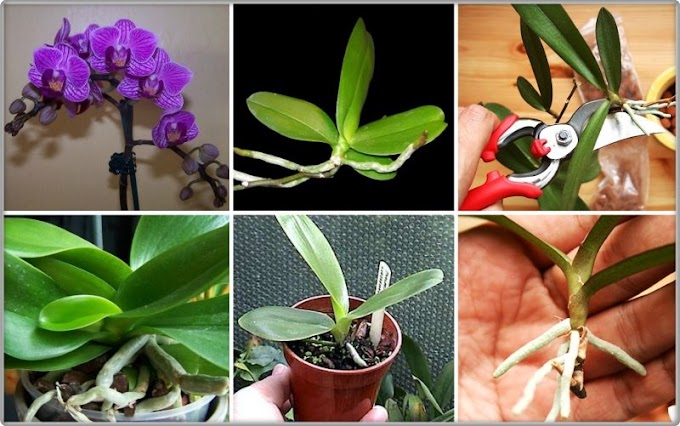- Synonyms: Rebutia arenacea Cárdenas, Sulcorebutia arenacea (Cárdenas), Weingartia arenacea.
- Scientific Name: Rebutia arenacea Cárdenas
- Family: Cactaceae
- Subfamily:Cactoideae
- Tribe: Trichocereeae
- Genus: Rebutia
Description:
Rebutia Arenacea grows individually and in groups rarely spherical or flat stems reaching a diameter of 2.5 to 5 centimeters (rarely 13 cm) and up to 2 to 3.5 centimeters (rarely 10 centimeters) tall and have Up to 10 centimeters long roots. The ribs 30 are strongly tuberculate. The areolas are large and gray cream. The spines 14 to 16 are rough and whitish yellow to brown from 0.4 to 2 cm long. The central spine is absent. The flowers are golden to orange up to 5 centimeters long and has a diameter of 4 centimeters. The fruits are reddish brown diameter mm 06-08.
 |
| source pic: Twitter |
How to Grow and Care
Rebutia cacti can be propagated easily from offsets, which readily form in clusters around the base of the mother plant. These clump-forming species readily produce offsets which can be lifted and divided. Once your plant has gained a decent size and has sent out several offsets, carefully remove the offset and allow the cut to dry on a paper towel for a few days. Depending on the size of the cut area, a callous will form over the cut surface. Once the callous has formed, place the new plant in a pot with a potting soil mixture and keep in a warm place until new roots emerge... - Learn more at HOW TO GROW AND CARE REBUTIA
Origin: Rebutia Arenacea native to Bolivia and Argentina.
Links: Back to genus REBUTIA
SUCCULENT PLANTS : Browse succulents by Scientific Name, Common Name, Genus, Family, USDA Hardiness Zone, Origin, or cacti by Genus



